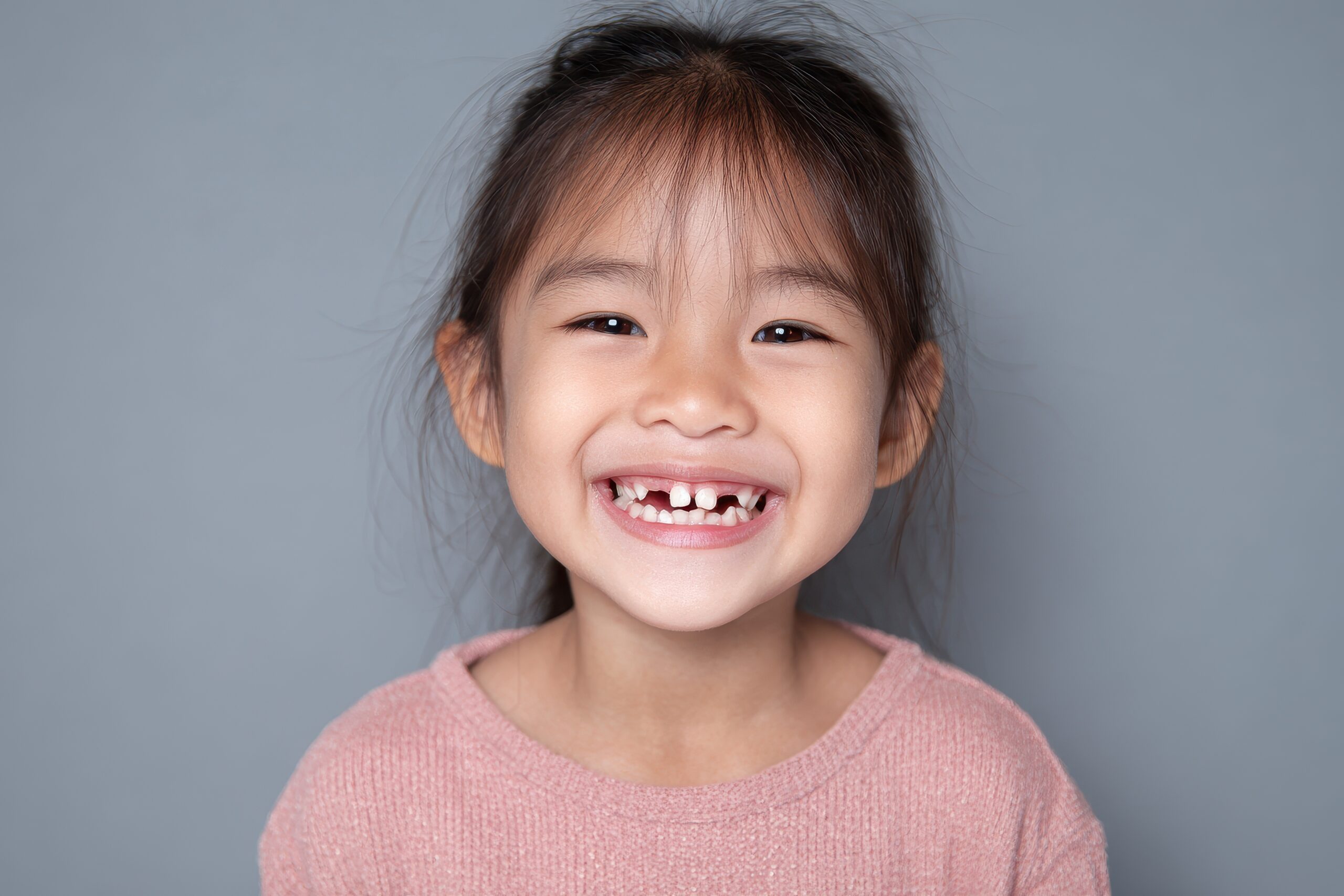What to Do If Your Child Chips or Knocks Out a Baby Tooth

As a parent, seeing your child in pain is one of the hardest things to experience—especially when it comes out of nowhere. Accidents happen, and children are naturally active, playful, and sometimes a little clumsy. It’s not uncommon for a child to chip or even knock out a baby tooth during playtime, sports, or even a fall at home. When this happens, panic can set in quickly.
But knowing what to do in those first few moments (and the days that follow) can make a big difference.
Are Chipped or Lost Baby Teeth a Big Deal?
Many parents assume that because baby teeth (also called primary teeth) eventually fall out on their own, any injury to them isn’t serious. But that’s not always true.
Baby teeth serve essential roles in your child’s health and development:
-
They help children chew and eat properly.
-
They play a vital role in speech development.
-
They hold space in the jaw for adult teeth to come in correctly.
When a baby tooth is damaged or lost prematurely, it can affect the alignment of permanent teeth, speech clarity, and even jaw development. That’s why it’s so important to take dental injuries seriously—even if they involve baby teeth.
What to Do Immediately After the Injury
Whether the injury happens at the playground, in the bathtub, or during sports, take a deep breath and follow these steps:
1. Stay Calm and Comfort Your Child
Your child may be scared or in pain. Stay calm and reassure them. If there’s bleeding, gently have them bite down on a clean piece of gauze or a soft cloth to control it.
2. Check for Signs of a Serious Injury
Look for any other signs of trauma, especially to the lips, gums, or tongue. If your child hit their head hard, monitor for signs of concussion such as vomiting, dizziness, or confusion. Seek immediate medical attention if you suspect anything more than a dental injury.
3. Find the Tooth (If It Was Knocked Out)
If a whole baby tooth has been knocked out, try to locate it. Do not try to reinsert a baby tooth back into the socket—that’s only appropriate for adult teeth. Reinserting a baby tooth can damage the developing permanent tooth underneath.
Instead, place the tooth in a small container of milk or saline solution and bring it to your pediatric dentist for evaluation. Even if the tooth won’t be reimplanted, the dentist may want to examine it for root health or to assess the injury.
4. Rinse and Assess the Mouth
Gently rinse your child’s mouth with warm water. Look at the affected area:
-
If the tooth is chipped, check whether the chip is minor or if the tooth looks broken or jagged.
-
If the tooth is loose but not fully out, avoid wiggling it and get to a dentist as soon as possible.
-
Look for signs of tooth discoloration, which could mean the nerve is affected.
5. Apply a Cold Compress
If there is swelling, apply a cold compress or an ice pack (wrapped in a cloth) to your child’s cheek for 10–15 minutes at a time. This can help reduce pain and swelling.
6. Give Over-the-Counter Pain Relief If Needed
If your child is in pain, a child-safe dose of acetaminophen or ibuprofen may help. Always follow the dosage recommendations on the label or those given by your child’s doctor.
When to See a Pediatric Dentist
You should call your pediatric dentist anytime a baby tooth is chipped, cracked, loosened, or knocked out. Even if the damage looks minor, a dental professional will need to:
-
Check for nerve or root damage.
-
Ensure there are no hidden fractures.
-
Protect the surrounding teeth and gums from infection.
-
Decide whether any treatment is needed.
Some injuries might require smoothing out sharp edges, placing a dental filling or crown, or monitoring the tooth over time. In certain cases, a space maintainer may be needed to preserve space for the future permanent tooth.
Prompt dental care can help prevent complications and reduce long-term effects on your child’s oral development.
How to Prevent Future Dental Injuries
While some accidents are unavoidable, here are a few ways to reduce the risk:
-
Use mouthguards during sports: A custom-fit mouthguard can protect your child’s teeth during contact sports or high-impact activities.
-
Child-proof your home: Secure furniture, use baby gates, and add padding to sharp edges if you have a toddler.
-
Discourage risky habits: Teach your child not to use their teeth to open things, chew hard objects like ice, or run with items in their mouth.
Kids Bounce Back—With the Right Dental Care
Kids are resilient, and dental injuries are often more manageable than they appear. Still, getting prompt professional care is crucial to protect your child’s smile now and in the future. At Kids Healthy Teeth in Katy, TX, we specialize in making children feel safe and comfortable during dental emergencies—and every routine visit in between.
If your child experiences a dental injury or you’re simply looking for a caring and experienced pediatric dentist in Katy, TX, we’re here to help every step of the way.
